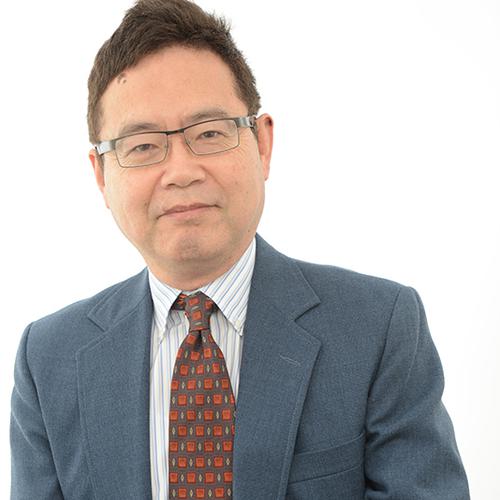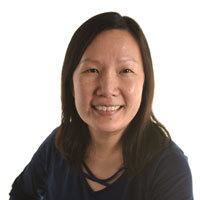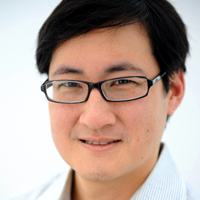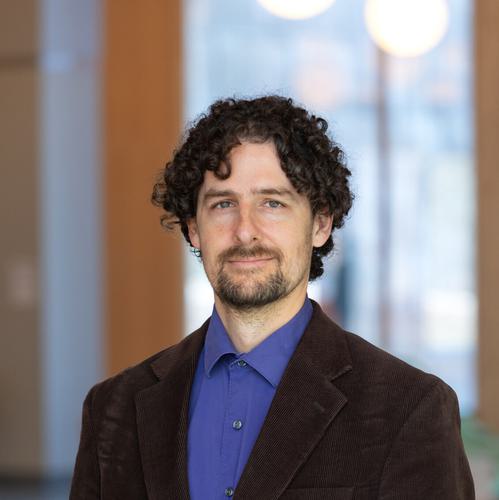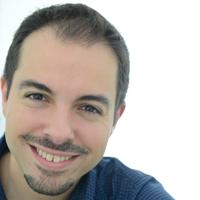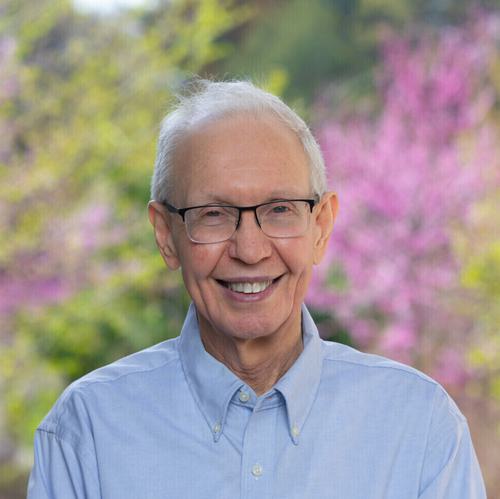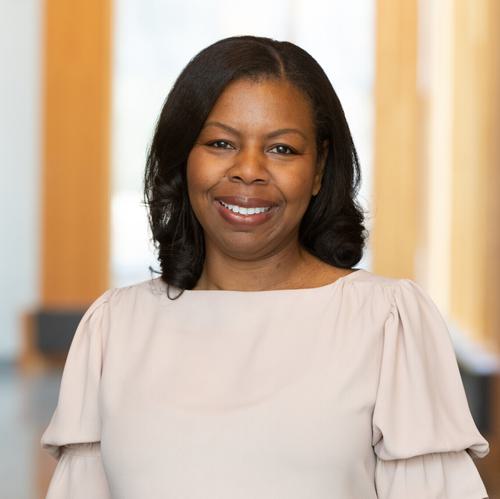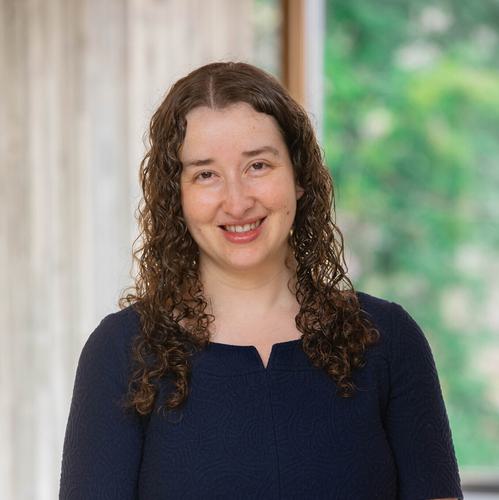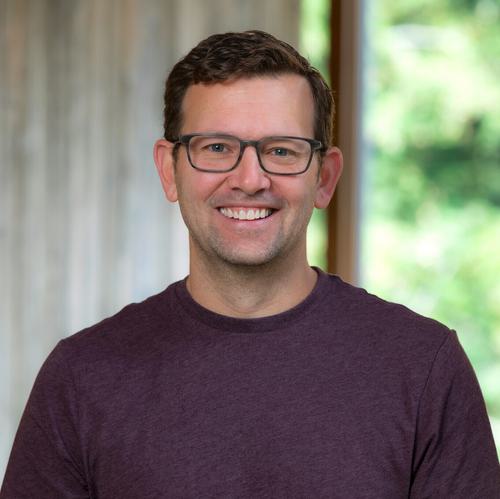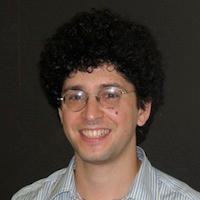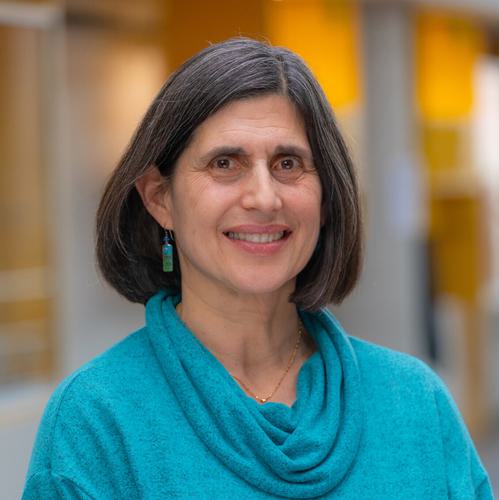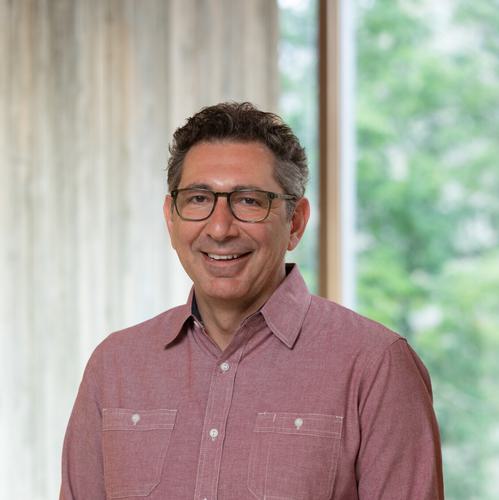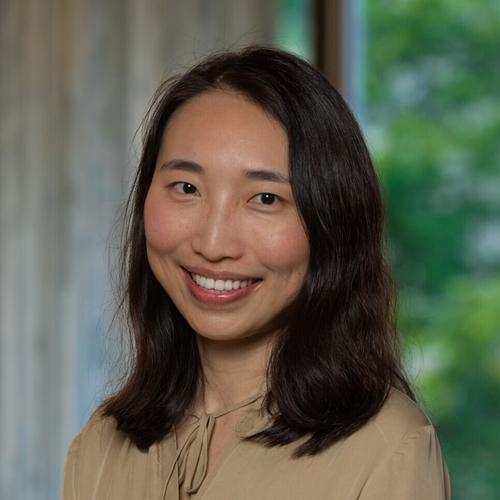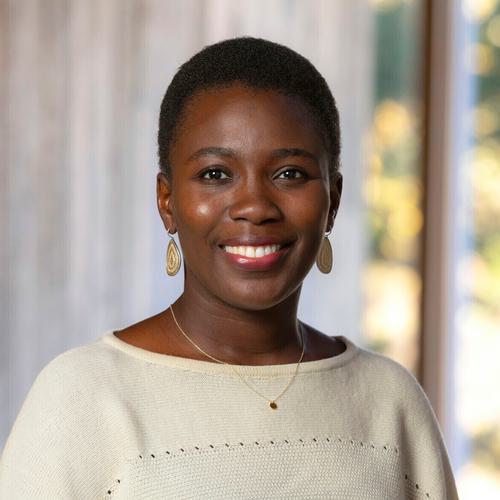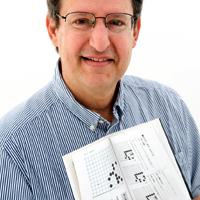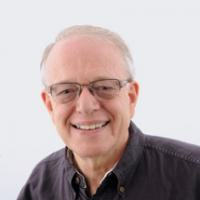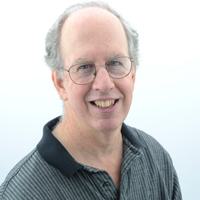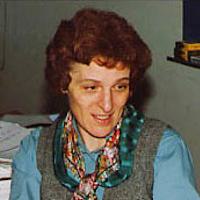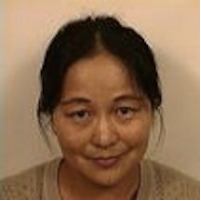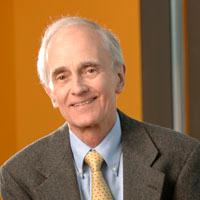Mathematics & Statistics
Academic Department Introduction
Our disciplines are fascinating and multifaceted. Many people study them as objects of creative beauty and intellectual challenge. Others are motivated by applications to the natural and social sciences. Mathematics and statistics are fundamental to advancing our understanding of politics, economics, business, sports, industry, the humanities, and more. Whether through the discovery and description of patterns, or the measuring and processing of large datasets, the study of mathematics and statistics provides valuable skills and insights.
Mathematics and statistics are a core part of the liberal arts at Wellesley College. Many of our students combine their study of mathematics or statistics with a minor or a second major in another field. We offer a variety of courses and pathways with a good representation of pure and applied mathematics as well as statistics.
Learning goals
- Foundational knowledge. Develop proficiency and competence with a broad range of mathematical and statistical concepts, skills, and computational methods.
- Application. Apply mathematics and statistics to various issues, contexts, and problems of interest to individuals and society, and link those applications to mathematical theory.
- Integration. Understand and incorporate diverse perspectives on mathematics and statistics, including from other disciplines and historical perspectives.
- Collaboration and communication. Collaborate with others on mathematics and statistics and explain mathematics in diverse ways.
- Lifelong learning. Appreciate the beauty and cumulative nature of mathematics and statistics, and develop the corresponding ability for self-directed learning.
Programs of Study
Mathematics major and minor
Students will see the role of creativity and appreciate the beauty of deep mathematical ideas and connections.
Statistics minor
Statistics is the science of drawing inferences from data. The statistics minor is recommended for students who wish to gain experience in both the theoretical foundations of statistics and applied data analysis.
Course highlights
Introduction to Bayesian Statistical Methods
STAT320
-
Calderwood Seminar in Public Writing: Explaining Mathematics
MATH340
In this course, students will leverage their prior mathematical knowledge to communicate complex mathematical ideas to audiences ranging from the general public to other mathematicians. Each week, students will research a new topic and produce a piece of writing explaining this topic in a specific context. Assignments may include research abstracts, book reviews, interviews with mathematicians, newspaper articles, and technical documentation. Class time will be devoted to discussing the mathematical content behind each assignment as well as workshopping students' writing. This course will give students the opportunity to ground (and expand on) the mathematics they have learned and make connections across the discipline. Moreover, this course's unique format will help students develop their research and independent learning skills. -
Number Theory
MATH223
Number theory is the study of the most basic mathematical objects: the natural numbers (1, 2, 3, etc.). It begins by investigating simple patterns: for instance, which numbers can be written as sums of two squares? Do the primes go on forever? How can we be sure? The patterns and structures that emerge from studying the properties of numbers are so elegant, complex, and important that number theory has been called "the Queen of Mathematics." Once studied only for its intrinsic beauty, number theory has practical applications in cryptography and computer science. Topics include the Euclidean algorithm, modular arithmetic, Fermat's and Euler's Theorems, public-key cryptography, quadratic reciprocity. MATH 223 has a focus on learning to understand and write mathematical proofs; it can serve as valuable preparation for MATH 305.
Places and spaces Math Common Room
This popular gathering space fosters community among faculty and students (math majors and beyond). Faculty hold office hours and meet informally with students, and students work together on p-sets or just hang out.
Research highlights
-

Jia Yuan (Amy) Hu ’25 and Marley DeSimone ’24 conducted research during the 2022–23 academic year, under the supervision of Professor Qing (Wendy) Wang. Their research project concerns mediation analysis models with a large number of candidate mediators that may present some inherent grouping features. They investigated employing different penalization techniques, including methods that incorporate group-wise regularization, to reduce the dimension of the original set of candidate mediators and identify true mediating variables via a multistep algorithm.
-

Ava Mock ’23 completed her honors thesis under the supervision of Professor Megan Kerr. Her project is a study of the action of the Weyl group (a set of symmetries) on the Cartan subalgebras of affine Kac-Moody algebras. Kac-Moody algebras are infinite-dimensional generalizations of classical Lie algebras. The goal is an understanding of the geometric consequences of expanding to the Kac-Moody setting.
-

Camille Lorie ’24 and Zixu Wang ’24 did research with Professor Ismar Volić on modeling political structures with hypergraphs. These objects are well suited for capturing the dynamics of coalitions, political decision-making, and conflict. Many standard structures from hypergraphs and related objects, such as simplicial complexes, can be recast in the language of political structures.
Opportunities
-
Institute for Mathematics and Democracy
Housed at Wellesley, IMD is dedicated to education, research, and outreach in mathematics and politics with the goal of empowering all citizens to become informed participants and impartial agents of change in the democratic process. Students are welcome to get involved in a number of capacities.
Beyond Wellesley
Beyond Wellesley
Many mathematics majors work in software and web development, finance, engineering, education, and management consulting. The study of statistics prepares students for graduate study in statistics, biostatistics, or a related field; research in applied science or social science; or work in business, medicine, technology, law, finance, or other fields. The mathematics department graduates about 25 to 30 majors per year. Recent alums have entered mathematics or statistics graduate programs at Boston University, Columbia University, Cornell University, UC Berkeley, Duke University, and Harvard University, among others.
Recent Employers

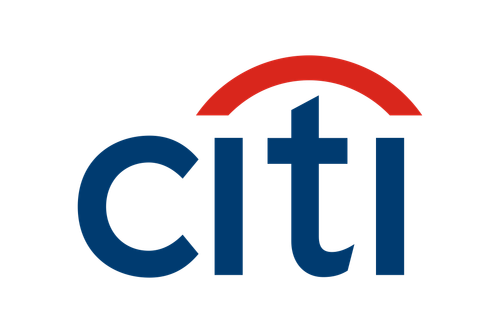




for more
A Student’s Guide to Math & Stat
Created by our students, A Student’s Guide to Math & Stat at Wellesley shares advice for your personal math journey at Wellesley and beyond.
106 Central Street
Wellesley, MA 02481


